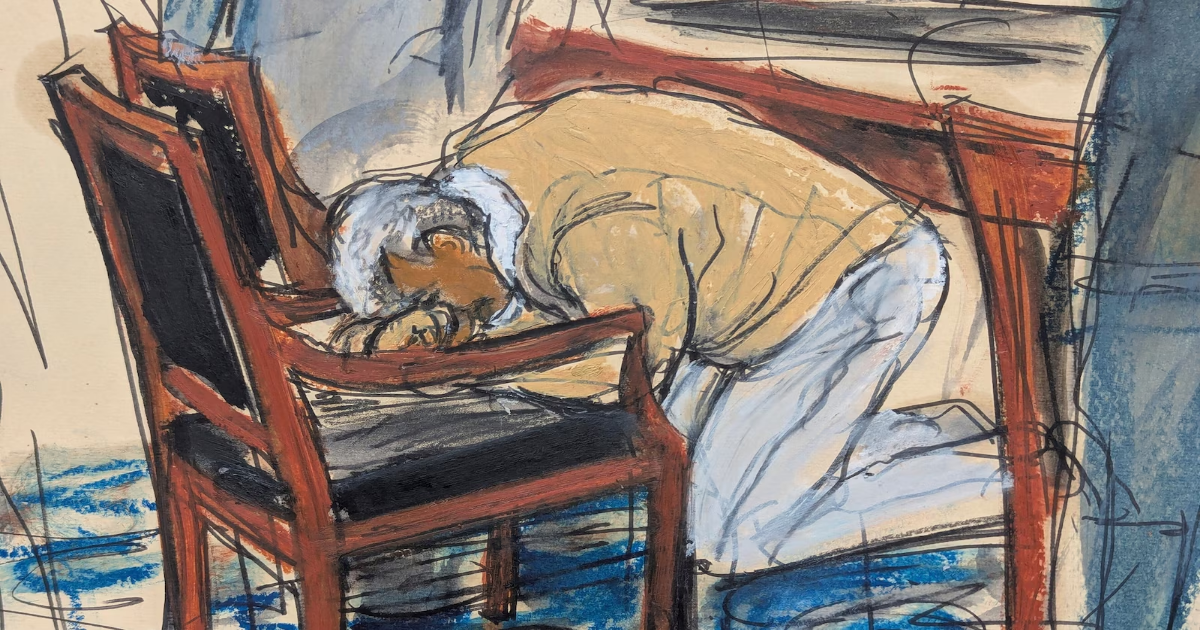Continuing to detain Sean Combs after his acquittal on sex trafficking and racketeering conspiracy charges would be “inappropriate,” his defense lawyers argued in a letter to the judge overseeing his case this afternoon.
Defense attorney Alexandra Shapiro argued that Combs should not be considered a flight risk and should be allowed to reunite with his family ahead of sentencing.
“Throughout these proceedings, Mr. Combs’s family has been seated by his side, demonstrating the same respect for these proceedings and support for Mr. Combs that they will pay going forward. They were here and are here to support him, and he is obviously committed to reuniting with this family to continue to support them, not to flee or put them at further risk,” she wrote. “He needs and wants to be with — and remain with — his family.”

Sean “Diddy” Combs listens as the jury foreperson and courtroom deputy read verdicts before U.S. District Judge Arun Subramanian of the five counts against him, during Combs’ sex trafficking trial in New York City, July 2, 2025.
Shapiro proposed that Combs be released with a $1 million bond cosigned by three family members with travel restricted to parts of Florida, California and New York, his passport surrendered and consent for regular drug testing.
“Mr. Combs presents no risk of flight or danger, and the release conditions proposed herein are more than sufficient to assure Mr. Combs’s appearance as required, and the safety of any person,” Shapiro wrote.
Shapiro also tried to cast doubt on the prosecutor’s claim that Combs poses a “danger,” calling the allegation “unsupported” by the evidence. She noted that the terms of release would “ensure that Mr. Combs would not have the ability to arrange meetings with escorts.”
According to the defense lawyers, the federal sentencing guidelines suggest Combs would get a 21– to 27-month sentence. Combs has spent more than nine months in federal custody awaiting trial.
“His sentencing exposure — which we fully respect and do not seek to minimize in any way — is in fact low, and so is any corresponding risk of flight,” she wrote.
